Contact Us
Contact Us
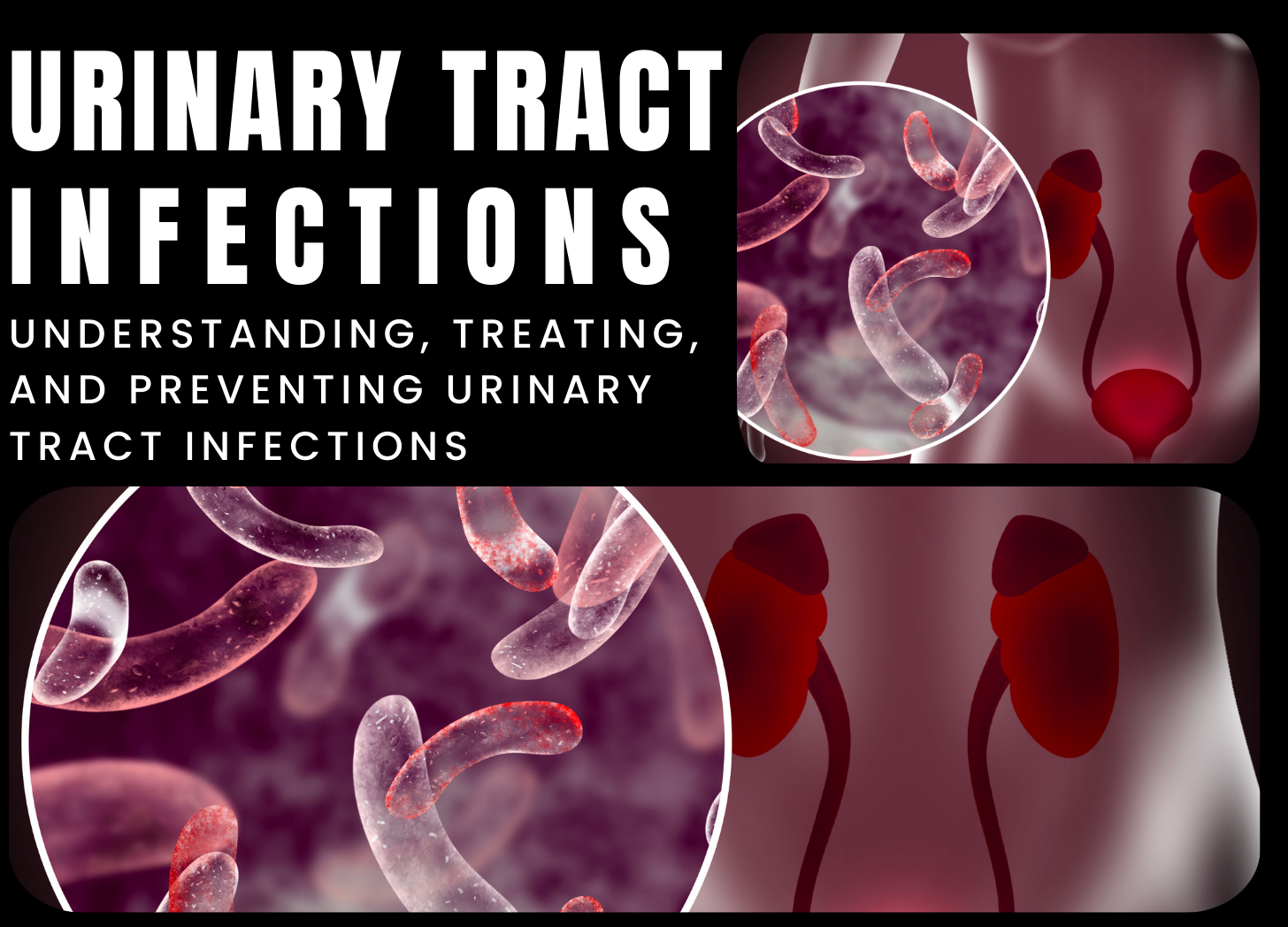
27 Feb 2024
Urinary Tract Infections (UTIs) are common bacterial infections of the urinary tract, which includes the kidneys, bladder, ureters, and urethra. UTIs can affect anyone, but they are more common in women than in men. Understanding the origins, symptoms, and treatment options for UTIs is critical for early detection and management. Urinary Tract Infections (UTIs) are common bacterial infections of the urinary system. Typically, UTIs occur when bacteria, primarily Escherichia coli (E. coli), enter the urinary tract through the urethra and multiply in the bladder. Several factors increase the incidence of…
READ MORE
09 Feb 2024
Osteoporosis and osteopenia are disorders marked by low bone density, which makes bones weak and prone to fracture. A thorough understanding of these disorders, including their causes, risk factors, symptoms, prevention, and treatment options, is critical for maintaining optimal bone health. Osteoporosis is a disorder in which bone density declines considerably, weakening bones and increasing fracture risk. Osteopenia is defined as bone density that is lower than normal but not low enough to be considered osteoporosis. The major cause of osteoporosis and osteopenia is an imbalance in bone synthesis and…
READ MORE
08 Feb 2024
Heart attacks, also known as myocardial infarctions, are a major danger to global cardiovascular health. awareness and managing these life-threatening episodes requires an awareness of the complexities of heart attacks, their causes, symptoms, potential surgical procedures, and post-operative care. A heart attack happens when blood flow to a portion of the heart is substantially reduced or cut off, causing damage or death of heart muscle cells due to oxygen deprivation. This is usually caused by a blood clot that forms around a burst plaque and blocks the coronary arteries. A…
READ MORE
07 Feb 2024
Hypertension, often known as high blood pressure, is a common and potentially deadly medical condition that affects millions of people worldwide. This chronic issue necessitates a thorough investigation into its causes, impact, accessible therapies, and critical management measures for persons dealing with this silent health risk. Hypertension is defined as consistently increased blood pressure above normal ranges. Blood pressure is measured using two readings: systolic (pressure during heartbeats) and diastolic (pressure between heartbeats). Hypertension is defined as blood pressure levels that are higher than 130/80 mm Hg. Primary hypertension is…
READ MORE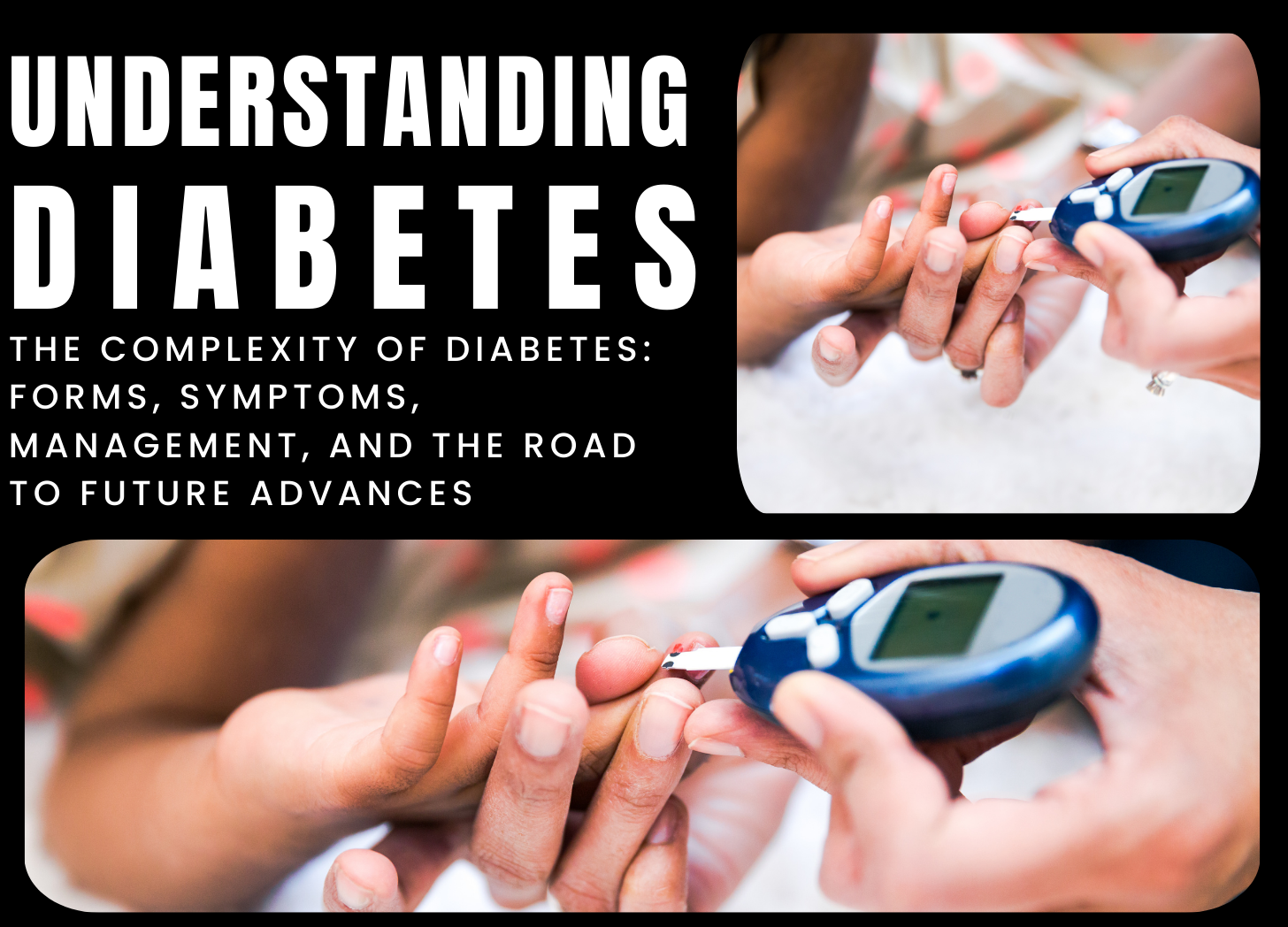
06 Feb 2024
Diabetes is a common metabolic illness that affects millions of people worldwide. This chronic ailment necessitates a thorough investigation into its forms, symptoms, causes, accessible therapies, and critical management measures for persons dealing with this complex health challenge. Diabetes is a set of disorders defined by high blood sugar levels (hyperglycemia) caused by inadequate insulin synthesis or inefficient insulin utilization by the body. Insulin, a pancreatic hormone, regulates blood sugar levels and promotes glucose uptake by cells for energy. Diabetes is classified into numerous categories, including Type 1, Type 2,…
READ MORE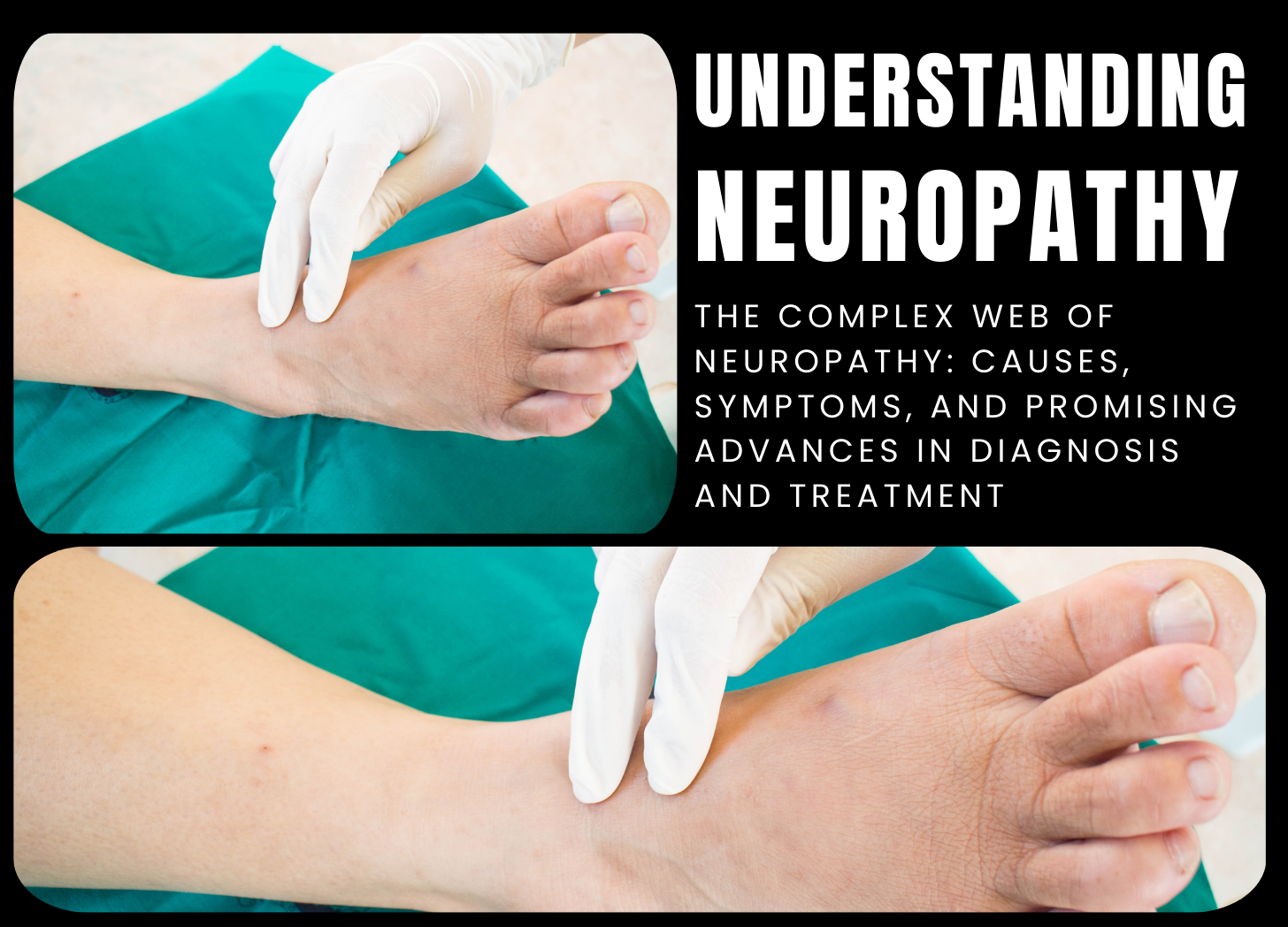
05 Feb 2024
Neuropathy refers to a group of disorders characterized by nerve damage that causes pain, numbness, or weakness. This complicated issue necessitates a thorough investigation into its causes, symptoms, potential treatments, and supportive care measures that are critical for persons suffering with this frequently debilitating condition. Damage to the peripheral nerves causes communication between the brain, spinal cord, and the rest of the body to be disrupted. This disorder can be caused by a variety of circumstances, which results in a wide range of symptoms and presentations. Neuropathy symptoms include numbness,…
READ MORE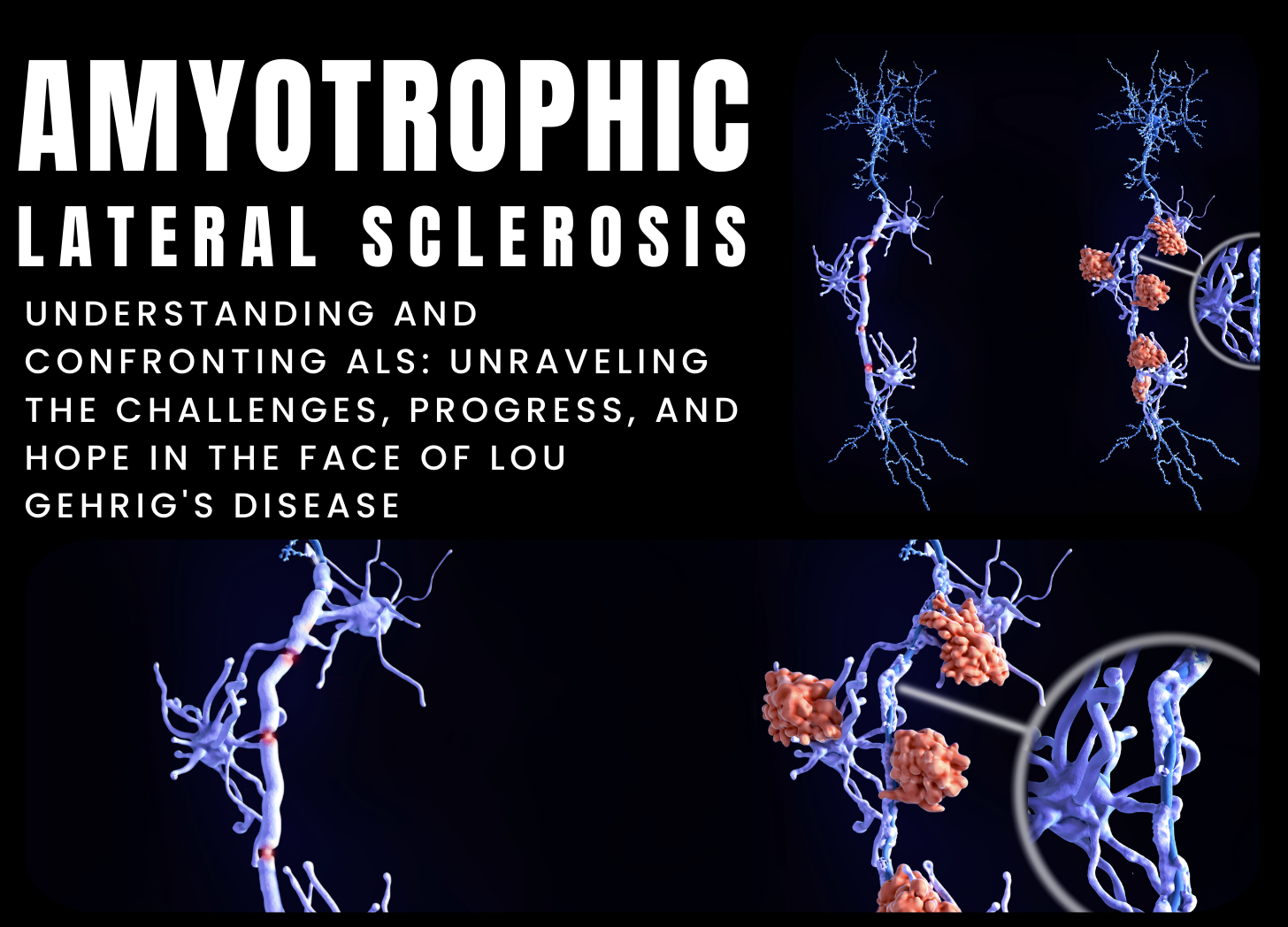
02 Feb 2024
Amyotrophic Lateral Sclerosis (ALS), generally known as Lou Gehrig's disease, is a progressive neurodegenerative ailment that affects nerve cells in the brain and spinal cord. Because of the influence on voluntary muscular action, this disorder provides substantial hurdles, necessitating a better understanding of its symptoms, causes, existing treatments, and ongoing research efforts. ALS is defined by the slow degeneration and death of motor neurons, which results in muscle weakening, loss of movement control, and eventually paralysis. Individuals with ALS may encounter difficulties speaking, swallowing, and breathing as the disease develops.…
READ MORE
01 Feb 2024
Dementia is a broad word that refers to a group of degenerative neurological diseases that result in a deterioration in cognitive function, impacting memory, reasoning, and behavior. This multidimensional disorder necessitates investigation of its symptoms, kinds, causes, current therapies, and supportive care measures that are critical for patients and caregivers. Dementia is a group of symptoms that affect cognitive functions, memory, and daily functioning. The most prevalent cause of dementia is Alzheimer's disease, although other disorders such as vascular dementia, Lewy body dementia, and frontotemporal dementia also contribute to this…
READ MORE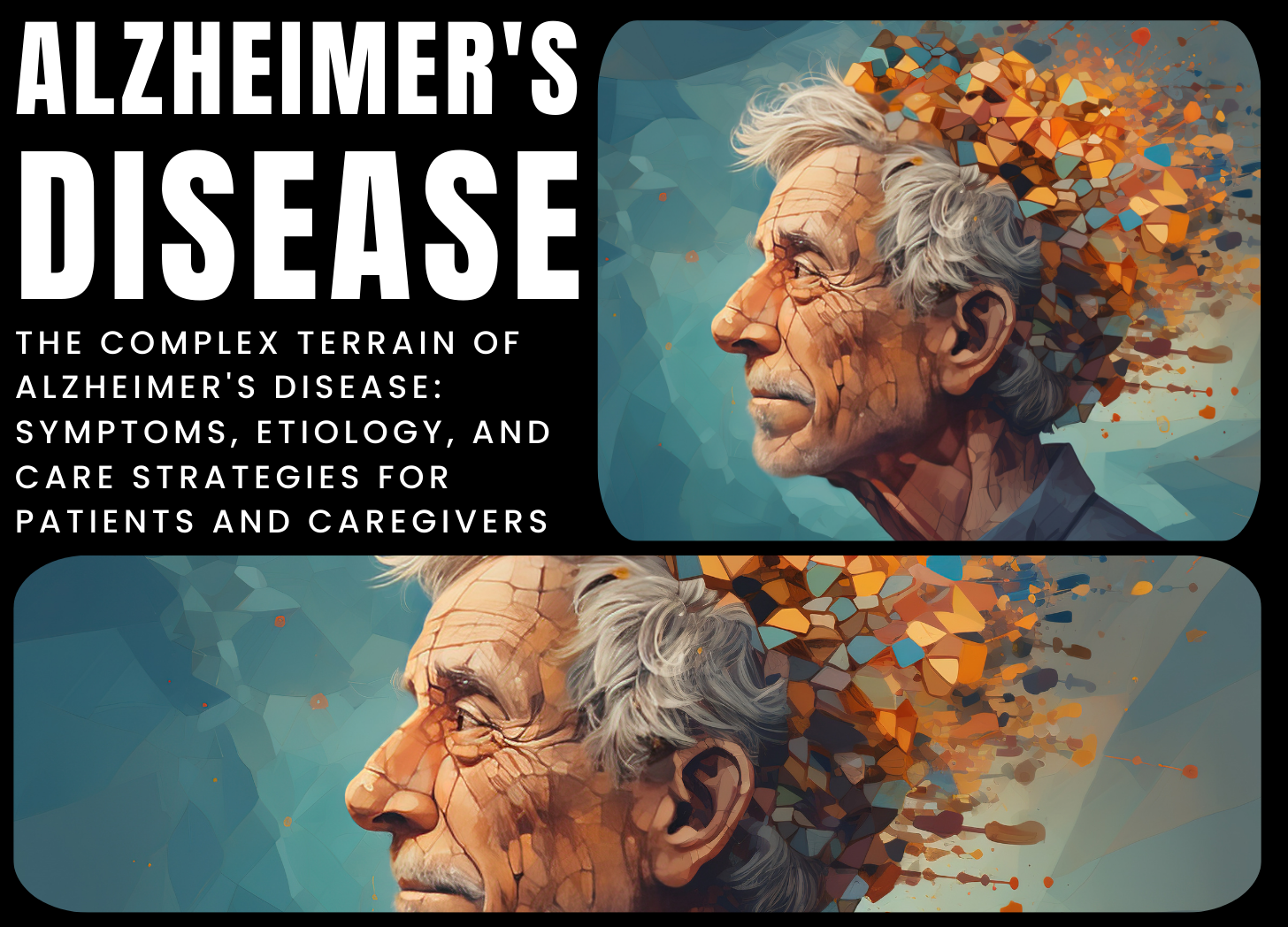
31 Jan 2024
Alzheimer's disease is a common and progressive neurological illness that affects memory, cognitive functioning, and daily life. This complicated condition necessitates a thorough investigation into its symptoms, etiology, potential treatments, and supportive care measures for both patients and caregivers. Alzheimer's disease is defined by an accumulation of abnormal proteins in the brain, which results in the formation of plaques and tangles that obstruct nerve cell transmission, eventually resulting in their death. Cognitive decline, memory loss, and reduced reasoning ability occur from this process. Memory loss, disorientation, difficulty doing familiar tasks,…
READ MORE
30 Jan 2024
A cerebrovascular accident (CVA), commonly known as a stroke, is a major medical emergency defined by a sudden disruption in the blood flow to the brain. This incident deprives brain cells of oxygen and nutrition, perhaps causing irreversible damage or even death. An examination of CVAs includes their types, causes, symptoms, and recovery paths, which are critical for comprehending and managing this life-changing event. CVAs are classified into two types: ischemic and hemorrhagic strokes. Ischemic strokes are caused by blockages in cerebral blood arteries, which are frequently caused by blood…
READ MORE